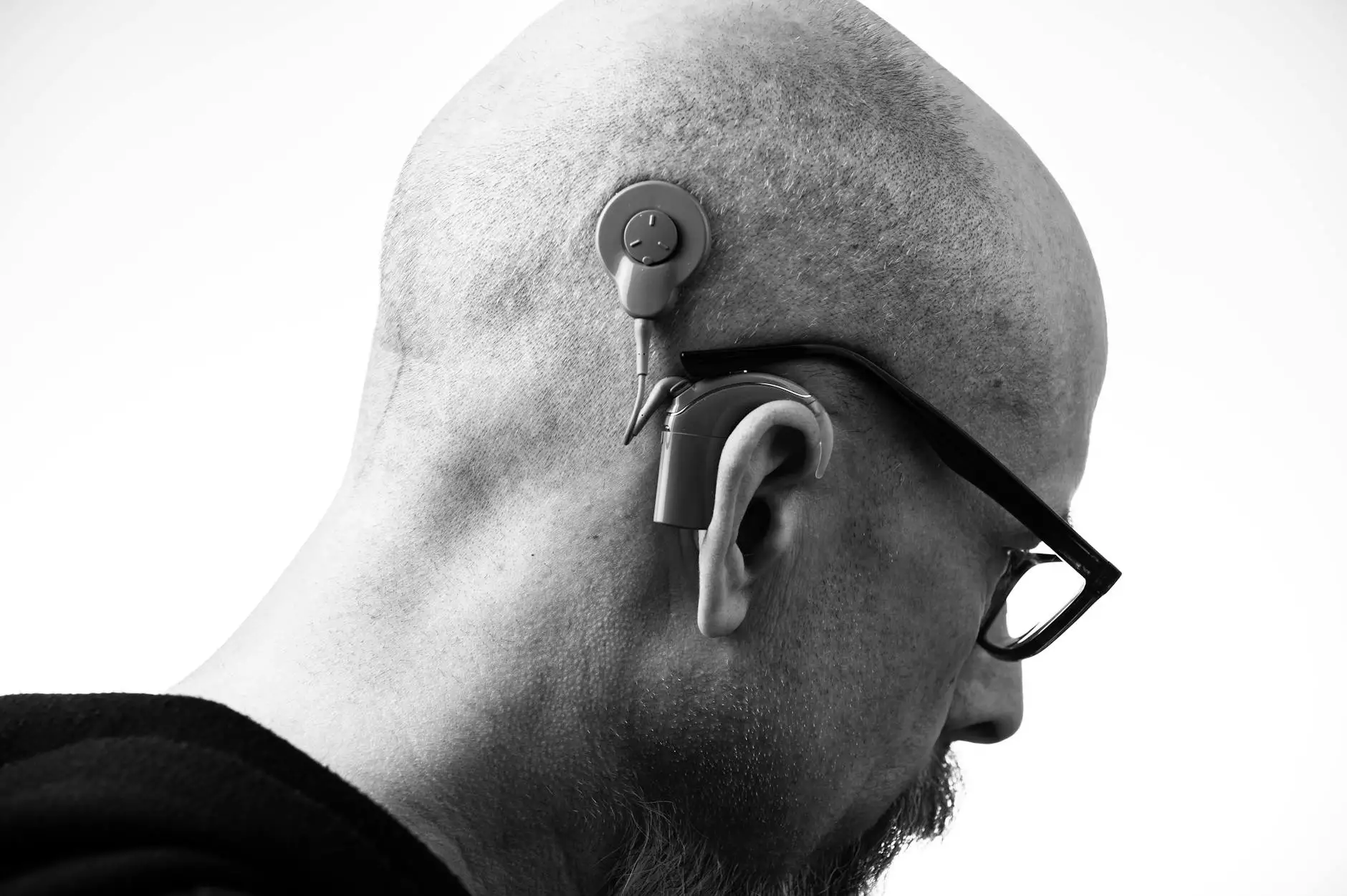About Hearing Aids and Listening Devices

Enhancing Your Hearing Health with Dante Colosimo, DDS
Welcome to Dante Colosimo, DDS - a trusted provider of comprehensive dental and audiology services. In this section, we will delve into the world of hearing aids and listening devices, exploring their importance and the various options available to improve your hearing health.
The Importance of Hearing Aids and Listening Devices
Hearing loss can significantly impact an individual's quality of life, affecting communication, social interactions, and overall well-being. Fortunately, hearing aids and listening devices offer substantial benefits in addressing these challenges and restoring one's ability to hear with greater clarity.
The Benefits of Using Hearing Aids
Hearing aids are sophisticated electronic devices designed to amplify sounds for individuals with hearing loss. They come with numerous advantages, including:
1. Improved Communication
Hearing aids make it easier to communicate with others, enabling better understanding of conversations, whether in social settings or professional environments.
2. Enhanced Quality of Life
By improving hearing abilities, hearing aids contribute to a better quality of life, leading to increased confidence, better cognitive function, and overall improved well-being.
3. Prevention of Further Hearing Loss
Using hearing aids can potentially slow down the progression of hearing loss, making it important to seek proper hearing solutions as early as possible.
Types of Hearing Aids
Hearing aids come in various styles, designs, and technological capabilities. Some common types of hearing aids include:
1. Behind-the-Ear (BTE) Hearing Aids
BTE hearing aids are worn behind the ear and deliver amplified sound through a plastic tube to a customized earmold that fits in the ear canal. They are suitable for individuals with mild to severe hearing loss.
2. In-the-Ear (ITE) Hearing Aids
ITE hearing aids are custom-made to fit within the outer portion of the ear. They are suitable for individuals with mild to severe hearing loss and offer a discreet and comfortable option.
3. In-the-Canal (ITC) and Completely-in-the-Canal (CIC) Hearing Aids
ITC and CIC hearing aids are custom-made to fit partially or completely inside the ear canal, making them less visible. They are suitable for individuals with mild to moderate hearing loss.
4. Receiver-in-Canal (RIC) and Receiver-in-the-Ear (RITE) Hearing Aids
RIC and RITE hearing aids have a behind-the-ear component connected to a receiver placed directly in the ear canal. They offer discreetness and natural sound quality, suitable for various degrees of hearing loss.
Listening Devices
In addition to hearing aids, there are other listening devices available for individuals with different hearing needs:
1. Assistive Listening Devices (ALDs)
ALDs improve sound perception in specific situations, such as watching TV, using telephones, or attending public presentations. They can work in conjunction with hearing aids or as standalone devices.
2. FM Systems
FM systems use radio broadcast technology to send sound directly to an individual's hearing aids or receivers. They are particularly useful in environments with background noise or when the speaker is at a distance.
3. Captioned Phones
Captioned phones display real-time captions during phone conversations to help individuals with hearing loss understand the caller more effectively.
Seek Professional Guidance
At Dante Colosimo, DDS, our team of experienced audiologists and dentists is dedicated to providing comprehensive care to address your dental and audiology needs. If you or a loved one is experiencing hearing loss, we encourage you to schedule an appointment with our audiology specialists who can guide you through the process of choosing the most suitable hearing aids or listening devices for your specific hearing requirements.
Addressing your hearing health is an essential step in maintaining overall well-being. Contact Dante Colosimo, DDS today to schedule your consultation and take a proactive approach to better hearing.









